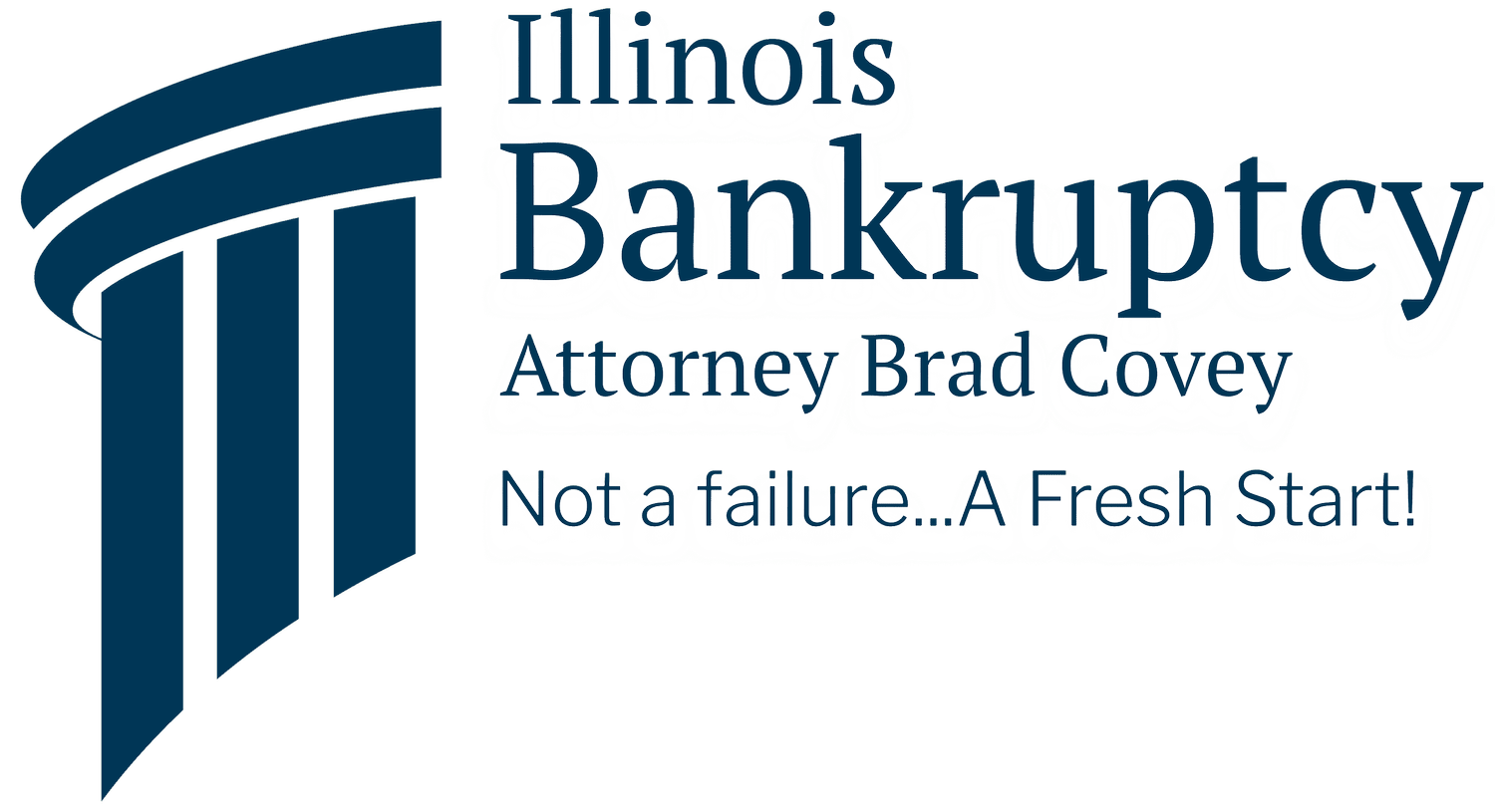Finding the Right Bankruptcy Attorney: Essential Questions for Chapter 7 and Chapter 13 Cases in Kane County, Illinois
Finding the Right Bankruptcy Attorney: Essential Questions for Chapter 7 and Chapter 13 Cases in Kane County, Illinois
Making Informed Decisions: What to Ask When Selecting a Chapter 7 and Chapter 13 Bankruptcy Lawyer in Kane County, Illinois
1. Legal Expertise Spectrum: What Type(s) of Law Do You Handle?
The days of the “general practitioner” are gone. Today most lawyers only handle one or two types of law. If the lawyer you are interviewing lists more than two practice areas of law, that is a red flag. Bankruptcy laws are very complex and change all the time. To hire a lawyer who does not concentrate their practice in bankruptcy law would be a serious mistake.
2. Experience Matters: How Long Have You Been Handling Bankruptcy Cases?
I urge you to not ask “How long have you been practicing law”. What is important is how long the attorney has been practicing bankruptcy law. Some lawyers change the type of work they do throughout their careers. For instance, currently, there are many Illinois lawyers who very recently began practicing bankruptcy law because their real estate or divorce practice dried up and they had no work. Now they are practicing bankruptcy and have little or no experience or knowledge of bankruptcy law. They may have been an attorney for 20 or more years…but do they know bankruptcy law?
3. Past Track Record: Have You Handled Bankruptcy Cases Like Mine? If So, How Many?
Within any area of law, there are many types of cases. In bankruptcy, there is Chapter 7, Chapter 9, Chapter 11, Chapter 12, and Chapter 13. Each chapter has its unique bankruptcy procedures and complications. It is important that the attorney you hire has experience with these bankruptcy procedures and complications and can advise you on the probable outcome of your bankruptcy discharge.
4. Navigating Bankruptcy Proceedings: How Familiar Are You with the Court Where My Case Will Be Heard?
Of course, it is important to know the law, but it is equally important to know the local judges, trustees, clerks, and other attorneys. Your bankruptcy attorney needs to know what these bankruptcy judges and bankruptcy trustees will and won’t allow as well as what they like and don’t like. The attorney who is a regular in the court where your case will be heard is in a better position to get the best outcome for you.
5. Understanding the Bankruptcy Journey: Explaining the Procedure for This Specific Case Type
Although each case is different, most cases follow a general outline. Your bankruptcy attorney should be fluent enough in bankruptcy law to give you an outline of how your case will flow, including timelines and possible variations for Chapter 7, Chapter 13, and Chapter 11.
6. Case Management Structure: Ensuring Clear Communication on Who Handles Your Case
Sometimes, the experienced attorney you meet with will not be the attorney handling your case or even the attorney going to court with you. You should know up front who will be working on your case, answering your questions, going with you to court, and ultimately responsible for your case. Particularly in bankruptcy, it is common practice for the bankruptcy lawyer you hired to pay another lawyer a small fee to “show up” at your creditor’s meeting where the trustee will be questioning you under oath. Do you want someone you have never met to represent you in such an important meeting?
7. Accessible Counsel: What to Expect in Terms of Communication Frequency During Your Case
You need to keep informed about your case and how it is proceeding. Ask what you can expect as far as regular communication from your bankruptcy attorney. You should expect to hear from your bankruptcy lawyer during the time your case is being prepared, before your meeting of creditors, regarding reaffirmations and when your case is discharged. The last thing you want is to pay your lawyer and never be able to contact them again.
8. Connecting with Your Lawyer: Identifying the Most Effective Means to Reach Out with Questions
Communication is key. Avoid frustration by getting a clear idea of the best way to communicate with your attorney. Some lawyers love email, others like telephone calls, and still others like in-person meetings. Hire an attorney who communicates the way you like to communicate.
9. Clear Financial Terms: Understanding the Fees and Payment Process for Legal Services
Although you should not entirely base your decision on the fee (remember, you get what you pay for), you should ask what the bankruptcy lawyer’s fee will be, what it includes, and when it needs to be paid. Your bankruptcy lawyer should provide you with a written fee agreement before any services are rendered. The fee agreement should outline whether the fee is a flat fee or an hourly fee and should include costs, such as filing fees. If you are filing Chapter 7 bankruptcy then the fee must be paid in full before your case is filed, with a few narrow exceptions. If it is not paid in full before filing you do not have to pay your attorney any money after your case is filed period. This area is complicated and beyond the scope of this answer. Just beware and read all retainers carefully if your attorney agrees to file your case before being paid in full.
10. Embracing Client Success: Finding Joy in Helping Clients Achieve a Fresh Start
Any lawyer who enjoys their job is a lawyer who is more likely to do a good job and care about the outcome. Try to get a sense of whether the attorney is burned out and just going through the motions or whether they seem enthusiastic and ready to represent you to the best of their abilities.
I would urge you to interview a couple of attorneys to gain some perspective and find the right fit for you and your situation.

